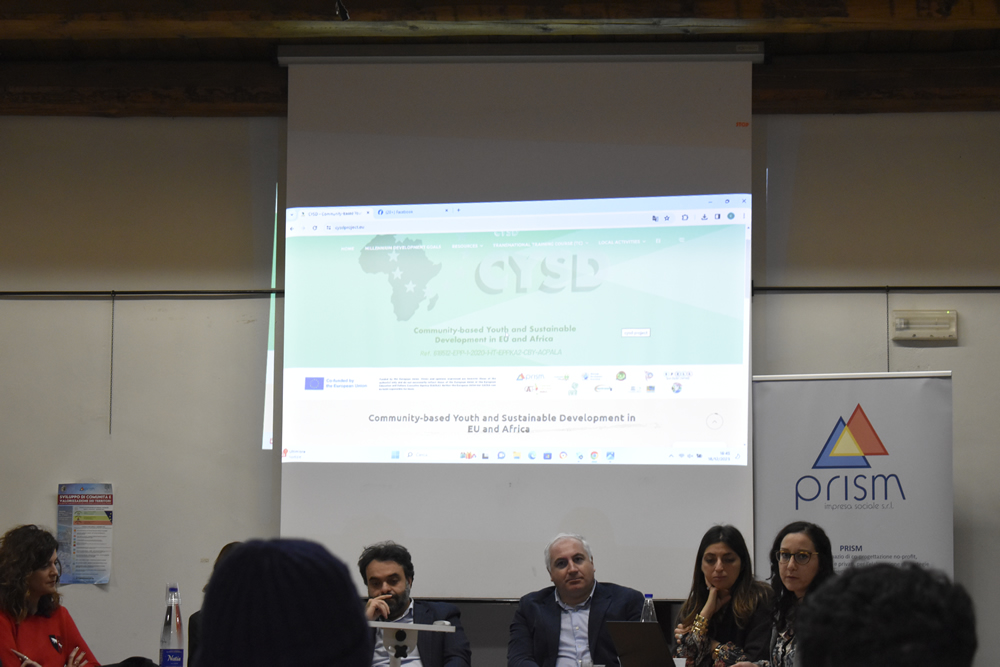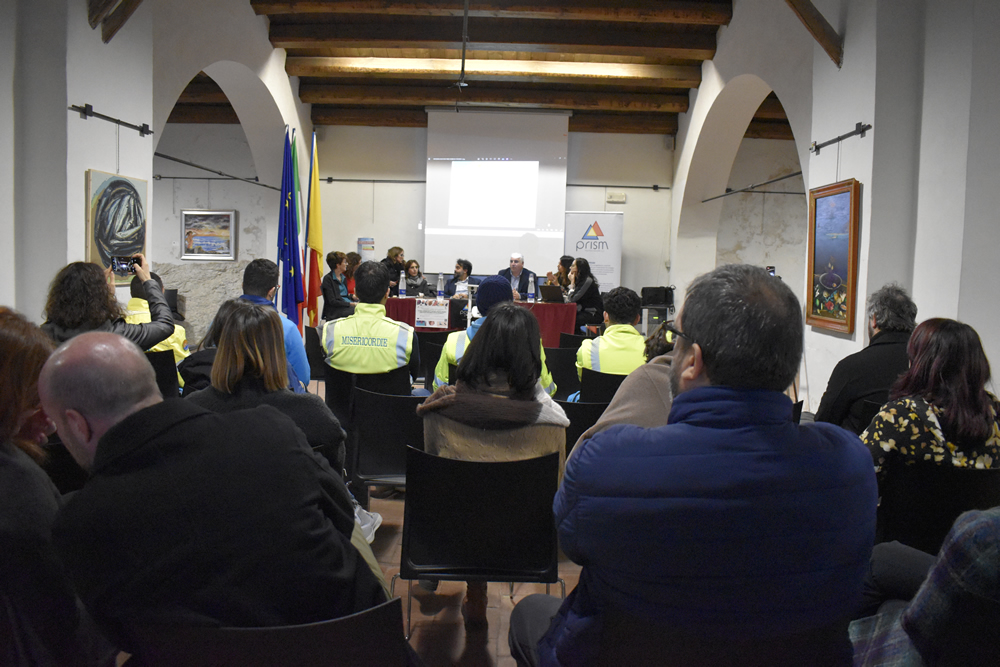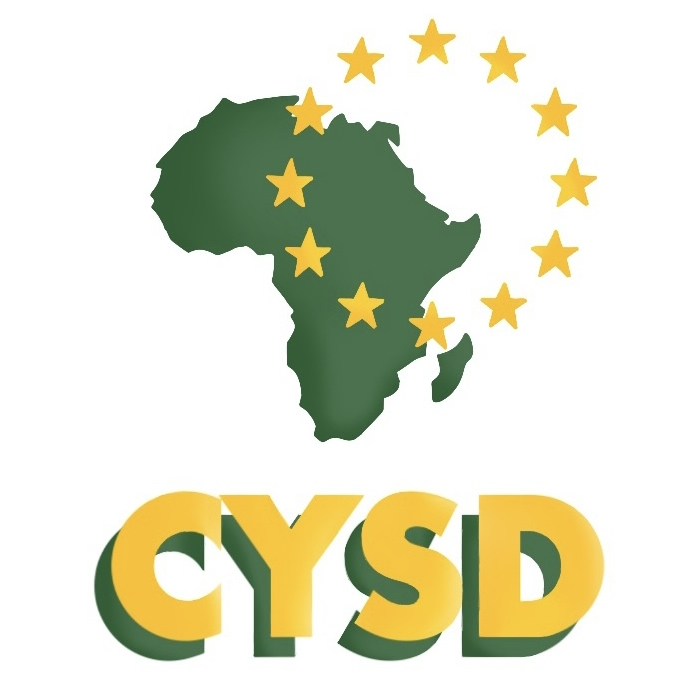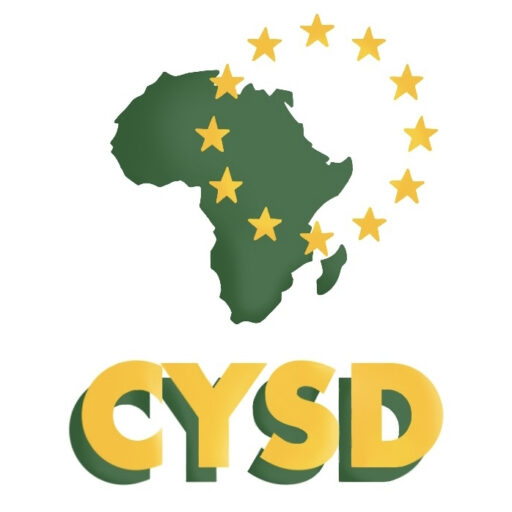
Palermo
Sustainable development: the role of local communities in CYSD
On December 18, 2023, PRISM organised a conference to present the results of the CYSD project, which involved several African and EU countries from January 2021 to December 2023. The project activities primarily focused on strengthening technical, planning, and management capacities, aiming to actively engage local communities in various partnership countries, with significant emphasis on the role of youth and vulnerable groups. Below are some of the reflections that emerged at the conclusion of the project.
At the core of sustainable development lies the empowerment of communities. Encouraging active citizen participation in local decision-making processes strongly contributed to strengthening the sense of belonging and shared responsibility in the communities involved in CYSD. Project partners placed great emphasis on planning activities involving schools and local youth associations, including volunteer organisations to prepare students to become responsible citizens and agents of change.
The remote areas where the project was implemented have become places of unexplored opportunities. Indeed, the focus was on enhancing local resources and implementing activities in line with the needs and interests of the local audience and aligned with the Sustainable Development Goals. The themes covered included active participation and empowerment in rural areas of Uganda, arts education in urban slums in Zambia and Togo, volunteering and community-led development in South Africa, sustainable practices, experiential tourism, and sustainable development in Italy and Greece, as well as support for children and prevention of children abuse in Kenya.
From the implementation of the CYSD project, it has become evident that sustainable development is a collective effort, where each community plays a fundamental role in achieving it. Through empowerment, education, and the identification of personal and professional opportunities in remote areas, we can cultivate a future where all people, regardless of their location and background, can thrive.


